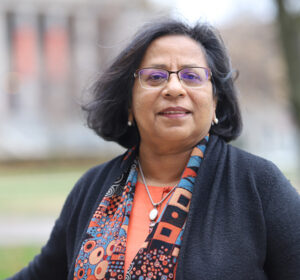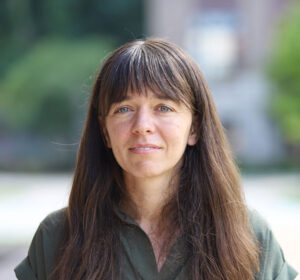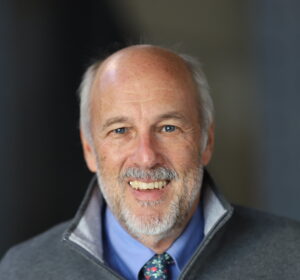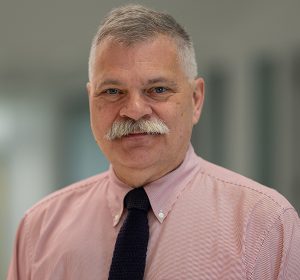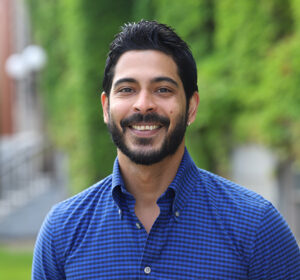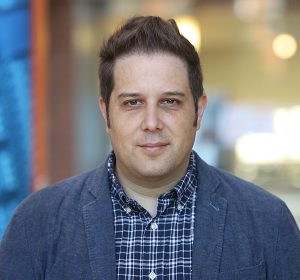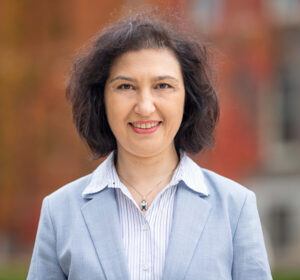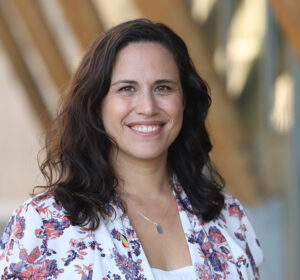In cooperation with colleagues in other programs at Syracuse University and elsewhere, ECS researchers are working to advance the understanding of our changing water systems in the natural environment as well as effective integration of the built environment with the natural environment. Current research focuses on characterizing and quantifying the effects of climate change, land use and urbanization on water quantity and quality. In addition, research is conducted to address sustainable and cost-effective approaches to mitigate the effects of these disturbances on water systems. ECS faculty also contribute expertise to the development of domestic and international science policies.
ECS research seeks to better understand how people can design systems for collecting, storing, and treating water that accounts for rapidly changing environmental conditions. For example, one project addresses the use of green infrastructure in urban areas where impervious surfaces like asphalt and concrete prevent rain infiltration into the soil, resulting in flooding. Physical measurements at field sites as well as the use of remote sensing are underway. Other projects are examining how climate change is influencing the structure and function of aquatic resources and water treatment, and studying the role of large, vegetated regions in combating climate change; ECS faculty are also studying the dynamics of snowpacks and ice sheets.

As an example, Profs. Todorova and Davidson have considered metrics for the performance of green roofs, which are greatly needed as cities around the world spend millions of dollars on green infrastructure projects but lack a consensus on how to determine their success. Profs. Zeng and Driscoll are identifying several factors causing the browning of rivers and lakes, and are greatly improving our understanding of micropollutants and trace metals in surface waters. Prof. Carter is using historic satellite data to better understand flood risk, and she is developing computational tools to help stakeholders have the best possible data to manage coastal change. Profs. Johnson and Driscoll are conducting field-oriented studies to understand the effects of forest harvesting and air pollution on the function of northern forests and approaches to improve their carbon sequestration.
Some notable ECS news stories in this area include:
- Professor Charles Driscoll was selected to receive the 2023 Athalie Richardson Irvine Clarke Prize for Outstanding Achievement in Water Science and Technology from the National Water Research Institute.
- Prof. Teng Zeng Awarded 2021 NSF CAREER Award for Lake Water Research
- Preserving Aquatic Ecosystems, One Lake at a Time
- NSF Equipment Grants to Fund Acquisition of Two Chromatography-Mass Spectrometers
- Prof. Shobha Bhatia Receives 2021 Judith Greenberg Seinfeld Scholar Award
- Prof. Shobha Bhatia Named a “Geolegend” by the Geo-Institute of the American Society of Civil Engineers
Explore the departmental webpages or the researchers’ websites below for more information.

